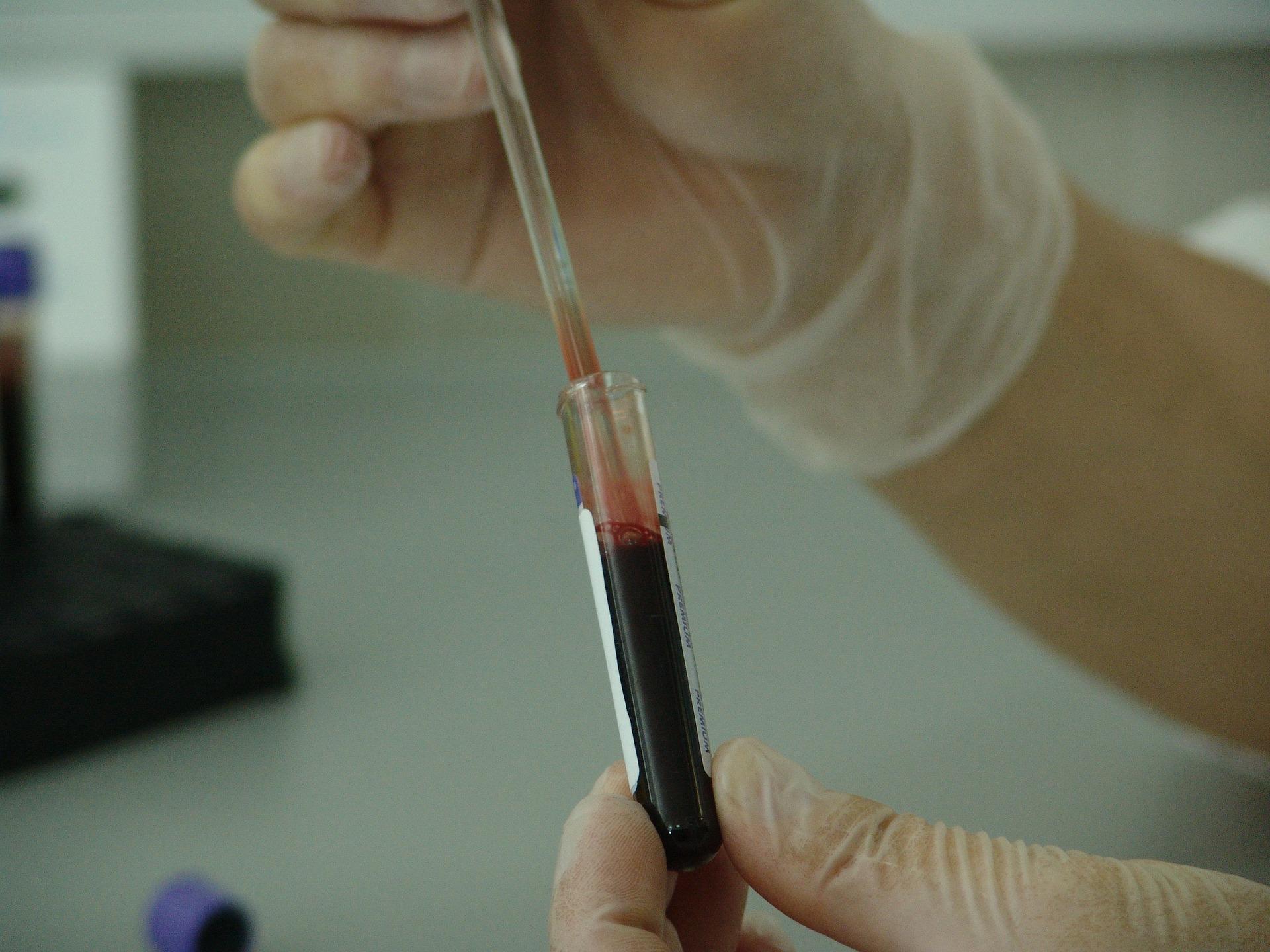Investment into incurable blood cancer research

Investment into incurable blood cancer research
University of Adelaide-led cancer researchers have received $600,000 to help drive rapid advancements in treatments for the incurable blood cancer, myeloma.
The funding is part of the Leukaemia Foundation’s Strategic Ecosystem Research Partnership (SERP) initiative.
Professor Andrew Zannetino, Interim Executive Dean and Professor of Experimental Haematology at the University of Adelaide and head of the Myeloma Research Laboratory, based at the South Australian Health and Medical Research Institute (SAHMRI) and colleagues from Garvan Institute of Medical Research and QIMR Berghofer Medical Research Institute, will use the three-year grant to investigate why myeloma patients relapse.
Their studies have identified a population of myeloma cancer cells that appear to be dormant or in a sleep-like state, which are hidden away or buried within the bone marrow. These dormant cells persist following therapy and can be reactivated or woken-up to grow at a later stage, leading to disease relapse. To cure myeloma, it is therefore essential to kill these rare, therapy-resistant dormant cells.
Their research will identify new markers of myeloma cancer cell dormancy that will be used to specify which types of treatments are likely to have the most favourable clinical outcomes for myeloma patients. Using new state-of-the-art immunotherapy techniques, they aim to develop a treatment that can target and kill these dormant cells.
Myeloma, also known as multiple myeloma, affects more than 140,000 people worldwide each year. Over 2000 Australians will be diagnosed with myeloma in 2019, and it accounts for 20% of all blood cancer-related deaths.
In recent years, a large number of new drugs have been developed to treat myeloma, which has seen patients living longer without evidence of disease. Unfortunately, despite these improvements, all myeloma patients will eventually stop responding to therapy and will experience relapse.
The SERP grants, which have been awarded to five of Australia’s leading cancer researchers, will be used for new state-of-the-art immunotherapy techniques, new drug design and molecular technology to understand the mechanisms of relapse and continue to drive rapid advancements in the treatment of myeloma.
Professor Zannettino is also the Blue Lantern Ambassador for the Leukaemia Foundation’s annual Light the Night Lantern Walk which will be held at the University of Adelaide for the first time on Friday 11 October. On that night more than 35,000 people will gather to walk at Light the Night events across the country. Carrying lanterns in symbolic colours of blue, white and gold, family, friends, colleagues and neighbours will come together for an evening and a reflective walk to support all Australians impacted by blood cancer.
Media contact
Crispin Savage
Media and Communications Officer
The University of Adelaide
Mobile: +61 (0)481 912 465
Email: crispin.savage@adelaide.edu.au
